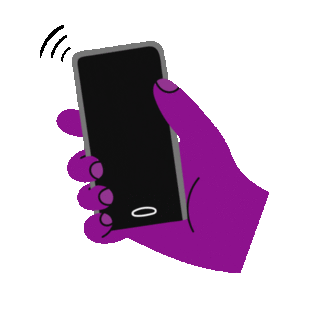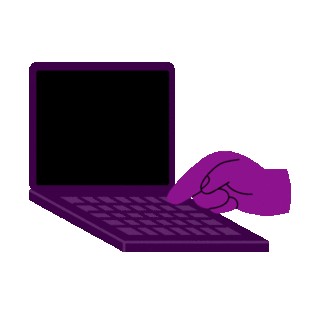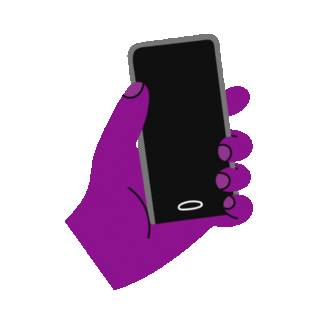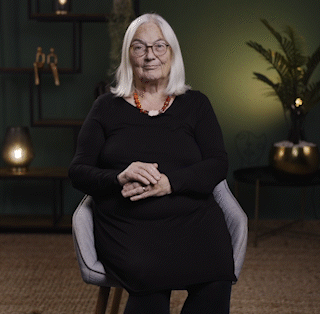Home
Men & eating disorders workshop
Led by Dr Chukwuemeka Nwuba, this online workshop will challenge assumptions and deepen our understanding of male eating disorders.
Date: 26 November 2025
Time: 1.30pm - 5.00pm (GMT)
Tickets: £42 Early bird rate
Our new strategy
On 8 October 2025 we launched our new strategy. This sets out our vision for the next five years.
SPOT - Online Training for Schools
Our elearning platform is designed to enable school professionals to help pupils into treatment quickly. Access a range of interactive modules, monthly Q&A sessions and interactive webinars delivered by our expert clinicians.
Beat 1-2-5 Challenge
Join the Beat 1-2-5 Challenge this October to spread a message of strength, solidarity and hope and tell the 1.25 million - you are not alone! Walk, run cycle dance or get crafty to fundraise for Beat.

Find information and support

Helplines
We're here for you by phone, web chat, DM on social media and email.

Chatrooms
Log in and chat to people who share your situation.

Resources
Free downloads and resources, from self-help guides to GP forms.

Ask a question
We have teamed up with JAAQ to bring you real, down-to-earth conversations about eating disorders.
Here for you
Have you seen our video raising awareness that eating disorders can affect anyone? Eating disorders can affect anyone at anytime. If you think you - or somebody you know - might be struggling with an eating disorder we are here for you.
Catch Up On Your Stories
Our amazing supporters are the reason we're able to keep helping people, year after year.
No one should battle an eating disorder alone.
Whether they’re battling an eating disorder, or supporting someone who's struggling - we're there with people affected, every step of the way. From our Helpline to our online workshops and chatrooms, our services help make sure no one feels alone in their recovery journey.
Help us be there for everyone affected by eating disorders.
POD - PEER SUPPORT AND ONLINE DEVELOPMENT
Our online carer community provides people supporting someone with an eating disorder with a space to learn share and find support through workshops, courses and forums.
There’s no place like home: The case for intensive community and day treatments for eating disorders
This report highlights the urgent need to expand access to intensive community and day treatments for eating disorders, so that they are available to people of all ages across the whole of the UK.
A donation of £5 a month will support our vital work, helping us answer calls from people who have nowhere to turn.
Latest From Beat
BREAKING THE CYCLE
The All-Party Parliamentary Group's enquiry into eating disorder research funding in the UK.
LET'S KEEP IN TOUCH
We'd love to keep you updated on our work, campaigns, fundraising opportunities and more.